The Behavioural Sciences Unit was represented by seven team members, with talks and posters highlighting our current research in the fields of survivorship, e-mental health, education, response rates and the psychosocial aspects of treatment and follow-up care.
A/Prof Claire Wakefield: E-health interventions, genetic testing and response rates in psycho-oncology research.
| To kick off the BSU’s involvement at this year’s ANZCHOG ASM, A/Prof Wakefield presented at the psycho-oncology group meeting, discussing the advantages and pitfalls of delivering online e-health interventions for AYA cancer survivors (Recapture Life) and parents of cancer survivors (Cascade). A/Prof Wakefield also presented a psychosocial perspective regarding genetic testing for late effects of childhood cancer, describing survivors’ and parents’ positive interest in genetic testing for risk of developing late effects. A/Prof Wakefield presented a poster outlining the exciting conclusions from a literature review identifying factors that influence participant response rates in quality of life and psycho-oncology research. |
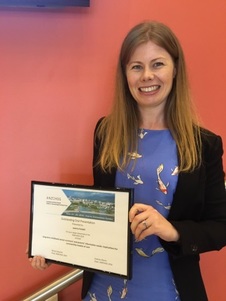
| Ms Eden Robertson gave a 3-minute rapid fire poster presentation about health literacy in AYAs, highlighting that although AYAs rate their health literacy as high, they are not critically analysing health information. Ms Robertson also presented a poster outlining the Delta Study, which aims to develop and pilot a decision aid to guide parents and young people when deciding whether to enrol in a clinical trial. |
Research Officer Mary Burns: End of Life communication
Research officer Ms Mary Burns presented on healthcare professionals’ evaluation of the Voicing My CHOiCES™ advanced care planning tool for Australian adolescents and young adults with cancer, including perspectives and recommendations regarding implementation.
The Behavioural Sciences Unit is Proudly Supported by the Kids with Cancer Foundation.
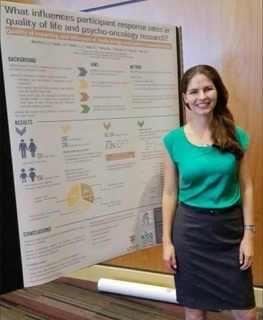
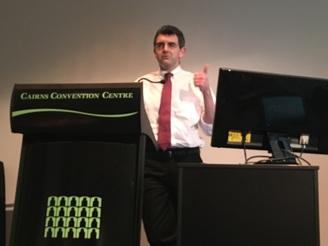
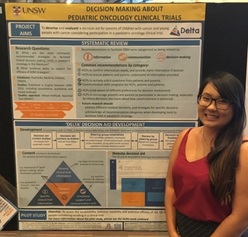
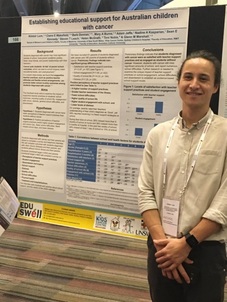
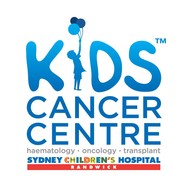
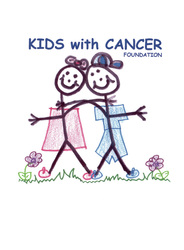
 RSS Feed
RSS Feed